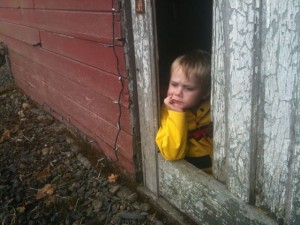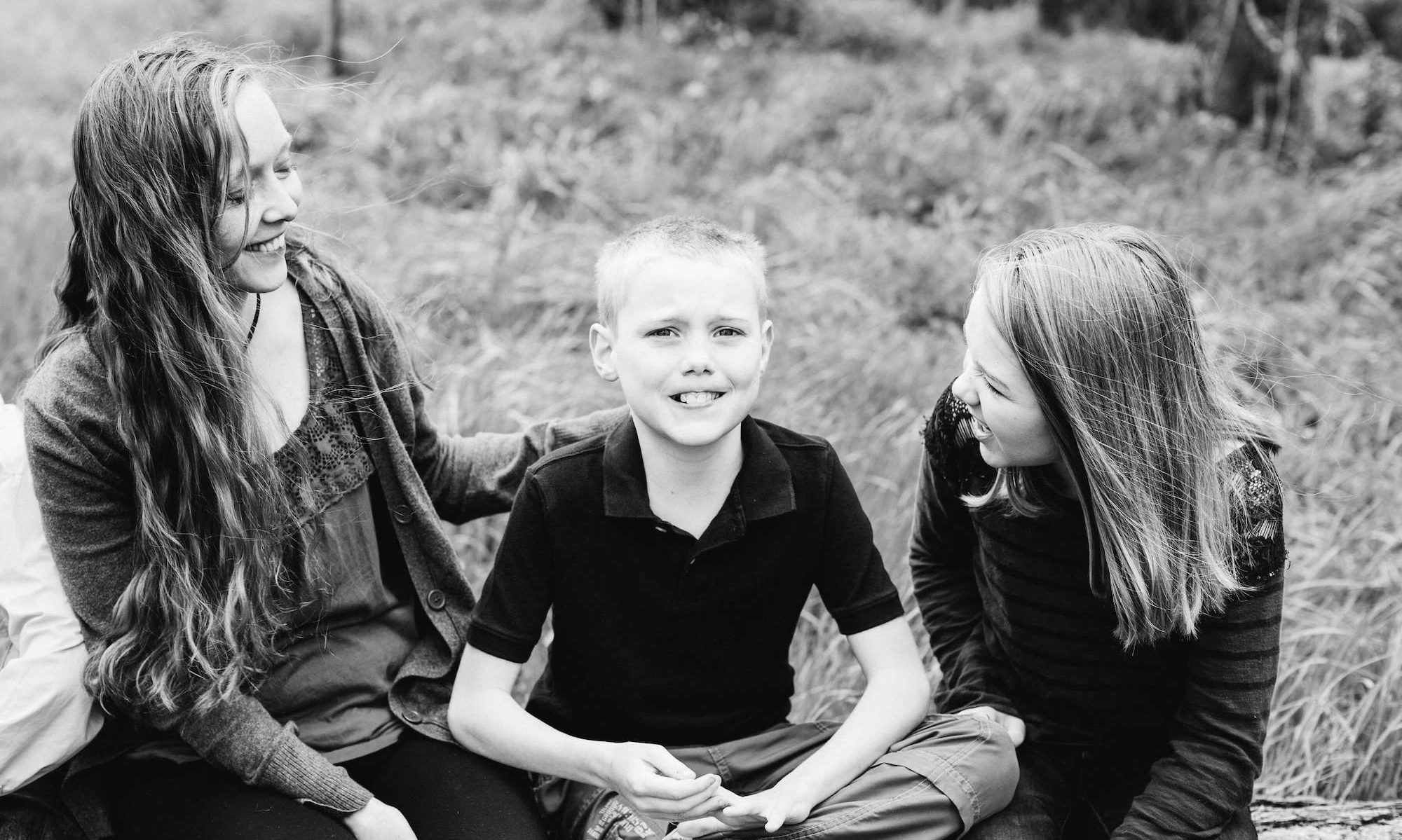
A year ago, we started looking at seizures as a possible cause for Jackson’s severe regressions. Every child seems to regress generally when routines are disrupted (say during summer months when not in school) or structured times and schedules are not in place. Jackson is no exception to this rule, but he doesn’t flip out when not following a routine…he just meanders. He becomes a wandering, withdrawn little guy who would rather amuse himself by flipping socks in front of his face for hours. He needs directed play to remember that: oh yeah, people and toys CAN be fun.
The regressions we’ve been more concerned about are not these general declines where language and social interaction decreases, and independent routines go by the wayside. Instead, we’ve been unnerved by very dramatic regressions that pop up “out of the blue.” These regressions are marked by an across the board down hill spiral that happens over night: one morning he’ll wake up and not seem to remember any language from the previous day, not remember how to make requests or complete tasks he did yesterday all by himself (or with minimal prompting). We usually see several nights of interrupted sleep or EARLY morning wakings (we recently started 3 mornings in a row at 4 a.m.), and notice a huge reduction in his attentiveness and responsiveness. Often we see unexplainable emotional outbursts that are unusual for Jackson, and a tendency for urinary accidents.
Last fall, Jackson’s teachers documented several times when he was lost in a
“staring episode” lasting only a few seconds. They are trained to catch these because seizure activity is also a potential cause for severe regressions in children with autism. So based on the school’s recommendation and documentation of these episodes, our developmental pediatrician referred us to a neurologist.
After months of tracking staring episodes and headaches, the neurologist decided to have Jackson undergo an MRI, which surprisingly went smoothly. I had researched the medications used for anesthesia, and found many children with autism react negatively to some medications used, particularly pre-anesthesia medications because they are given in a specified dose which may be too much for their sensitive systems. I firmly rejected the pre-anesthesia medication on the condition that I could be in the MRI room until he was actually asleep after breathing in the gas. He did fine and was out quickly. After all that, the MRI showed nothing negative, which was a relief even though it felt like I had subjected him to something unnecessary. But better to rule out some of the worst case scenarios, right? The MRI ruled out brain damage and tumors. Now we were on to looking more closely at seizure activity…

Has the possibility of epilepsy been considered? I think that was probably covered but if not it probably should be. Grace had a problem for awhile when she was in college. I also remember one time (that I am aware of) in junior high that I may have had an episode.
Yes, we’ve run two EEGs to check for seizure activity. Obviously we could have missed them, since seizures don’t always decide to show up just because your testing. We tested during a regression, so our chances of catching them are better, but the tests showed irregular firing in his left temporal lobe (vital area for language processing), but the irregular firing did not look like seizure patterns.